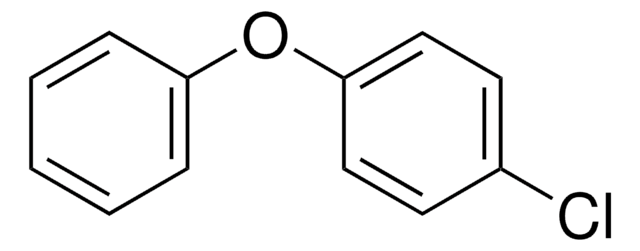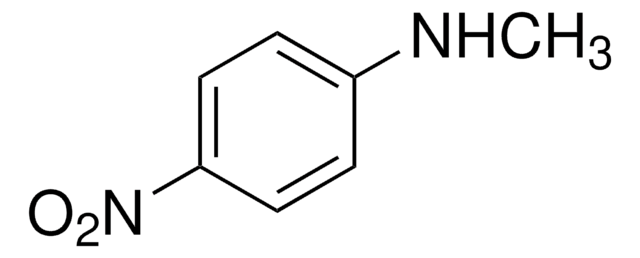About This Item
Recommended Products
vapor density
9.3 (vs air)
Quality Level
Assay
99%
form
solid
mp
73-75 °C (lit.)
solubility
acetone: soluble(lit.)
benzene: soluble(lit.)
ethanol: soluble(lit.)
water: insoluble(lit.)
functional group
amine
SMILES string
CCN(C(=O)N(CC)c1ccccc1)c2ccccc2
InChI
1S/C17H20N2O/c1-3-18(15-11-7-5-8-12-15)17(20)19(4-2)16-13-9-6-10-14-16/h5-14H,3-4H2,1-2H3
InChI key
PZIMIYVOZBTARW-UHFFFAOYSA-N
Gene Information
human ... EPHX2(2053)
mouse ... Ephx2(13850)
General description
Signal Word
Warning
Hazard Statements
Precautionary Statements
Hazard Classifications
Acute Tox. 4 Oral - Aquatic Chronic 3
Storage Class Code
11 - Combustible Solids
WGK
WGK 2
Flash Point(F)
302.0 °F - closed cup
Flash Point(C)
150 °C - closed cup
Choose from one of the most recent versions:
Already Own This Product?
Find documentation for the products that you have recently purchased in the Document Library.
Customers Also Viewed
Our team of scientists has experience in all areas of research including Life Science, Material Science, Chemical Synthesis, Chromatography, Analytical and many others.
Contact Technical Service











